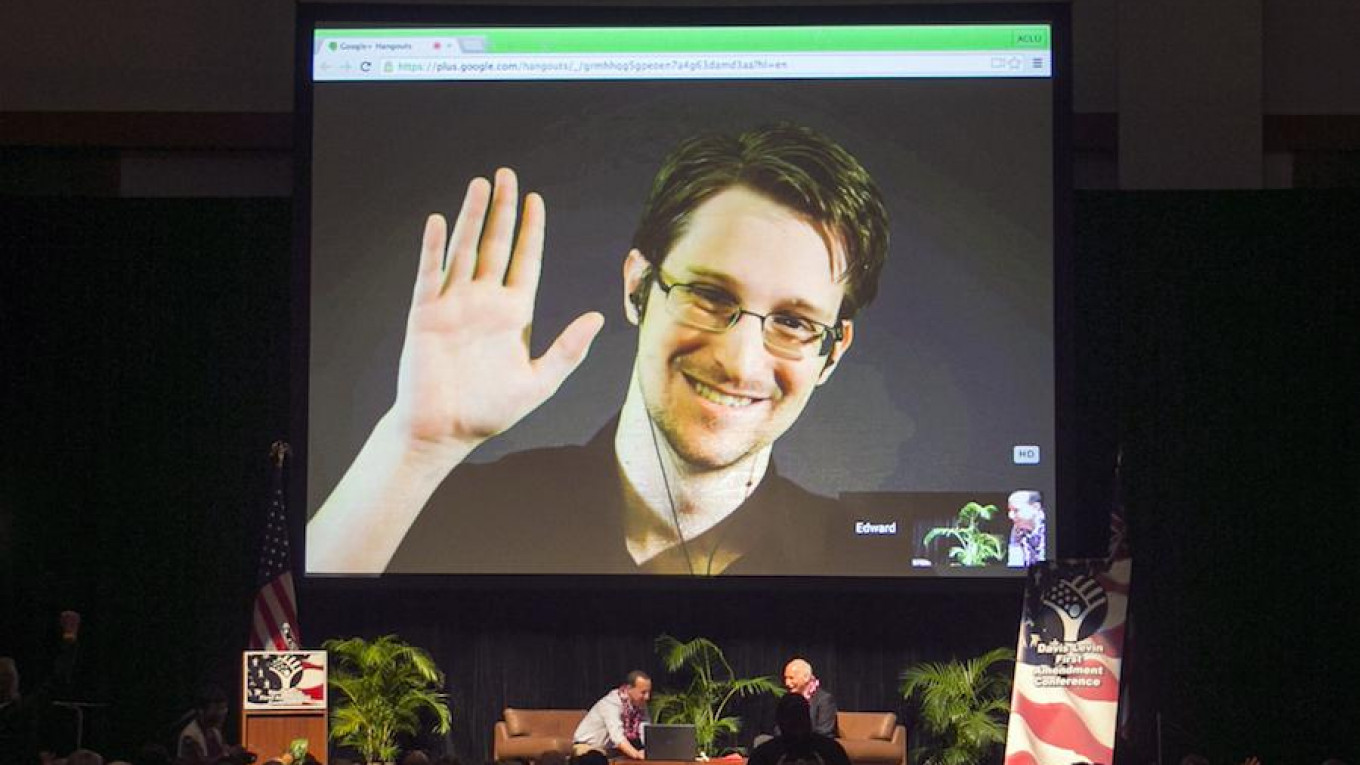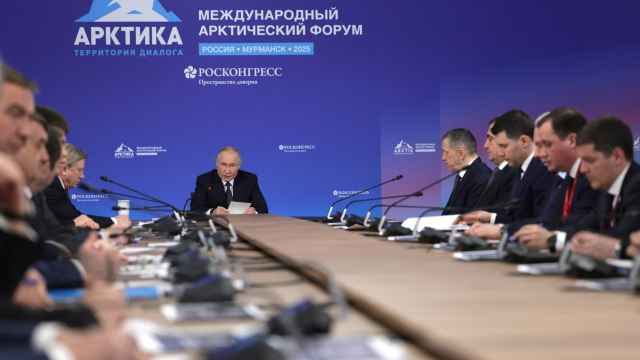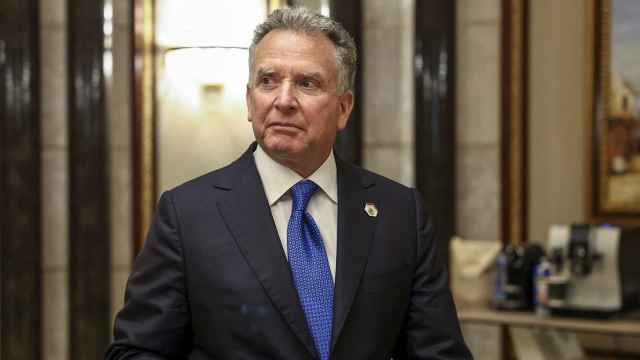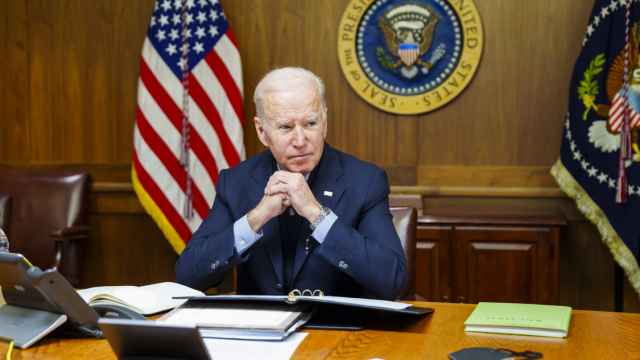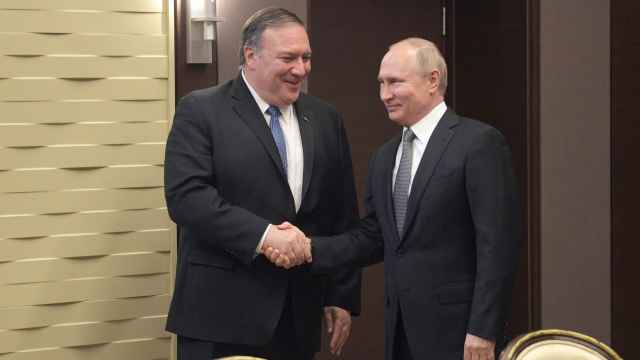U.S. whistleblower Edward Snowden did not betray his country's interests by releasing details on state surveillance programs, according to Russian President Vladimir Putin.
In an interview with American director Oliver Stone, Putin said that Snowden, who was granted asylum in Russia in 2013, “was not a traitor.”
“[Snowden] didn’t betray the interests of his country, nor did he transfer any information to any other country," Putin said in fragments of the interview released by Hollywood Reporter.
The Russian president said he did not support Snowden's actions, but agreed that U.S. surveillance had "gone too far."
"Trying to spy on your allies, if you really consider them allies and not vassals, is just indecent. Because it undermines trust. And it means that in the end, it deals damage to your own national security,” Putin said.
Putin was also quick to defend his own intelligence services. “[They] always conform to the law,” he said.
The full interview is set to be aired on U.S. television channel Showtime on June 12-15.
A Message from The Moscow Times:
Dear readers,
We are facing unprecedented challenges. Russia's Prosecutor General's Office has designated The Moscow Times as an "undesirable" organization, criminalizing our work and putting our staff at risk of prosecution. This follows our earlier unjust labeling as a "foreign agent."
These actions are direct attempts to silence independent journalism in Russia. The authorities claim our work "discredits the decisions of the Russian leadership." We see things differently: we strive to provide accurate, unbiased reporting on Russia.
We, the journalists of The Moscow Times, refuse to be silenced. But to continue our work, we need your help.
Your support, no matter how small, makes a world of difference. If you can, please support us monthly starting from just $2. It's quick to set up, and every contribution makes a significant impact.
By supporting The Moscow Times, you're defending open, independent journalism in the face of repression. Thank you for standing with us.
Remind me later.


